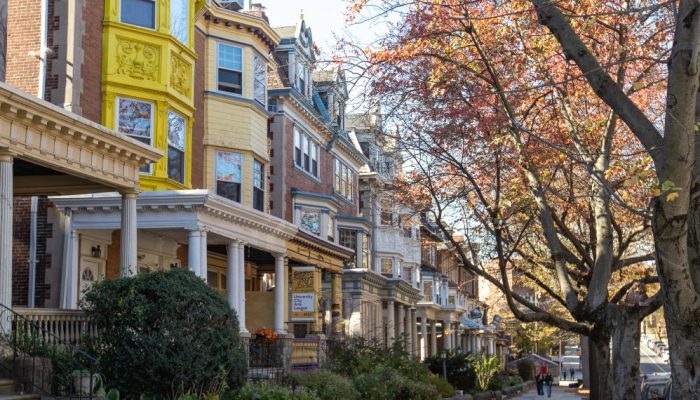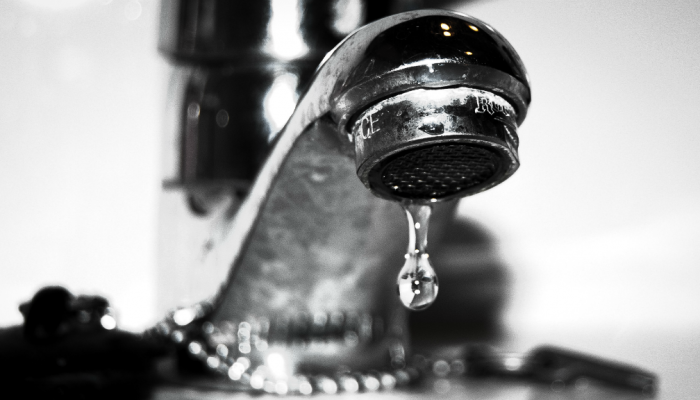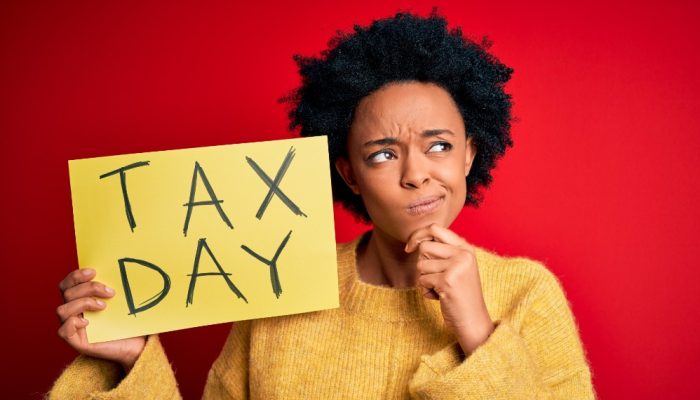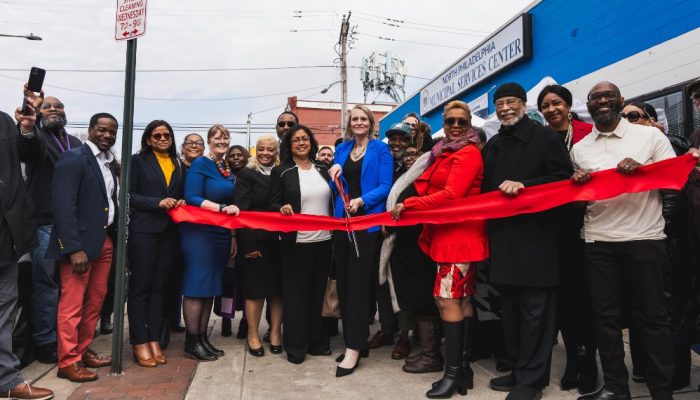Even if you think your income is “too high” to qualify, did you know your monthly expenses can also be considered when determining your eligibility for an Owner-Occupied Real Estate Tax Payment Agreement (OOPA)? Income-based agreements are best, but you can choose to base yours on household expenses. It may lower your monthly payment even more, but you’ll need to provide certain documents. Keep reading to find out more.
What you need to know
OOPAs let Philly homeowners make affordable monthly payments on their property taxes. There is no down payment required, but you must own your primary residence to qualify and make consistent payments to remain enrolled.
Most OOPA applicants set up their monthly payments based on household size and income — these types of agreements are usually the most affordable. You don’t need any extra paperwork for income-based agreements.
However, you can contact us for a review of your monthly expenses and income. As an option, new applicants can choose to base their agreement on their household expenses instead of their income.
These applications require certain information about your expenses and income, as well as supporting documents. Depending on your monthly expenses, we can base your agreement on your net monthly income after expenses. The Department of Revenue has the authority to disallow expenses deemed unreasonable or unnecessary.
Owe property taxes?
Unpaid 2025 Real Estate Tax bills are now past due and accruing a 1.5% monthly interest charge. If you can’t pay your bill in full right now, you can get an OOPA to pay it monthly and stop your account from growing.
A packet with everything you need
The 10-page OOPA application packet has everything you need to apply. The forms are interactive, so you can fill them out online. Pages 7 and 8 let you request an agreement based on your household expenses. They let you calculate how much of your income goes to housing expenses like mortgage, property taxes, water, medical bills, and living expenses like groceries.
Use pages 5 and 6 if your name isn’t on your home’s deed and you’re applying for an OOPA. Fill out the tangled title or equitable ownership supplemental section.
Here’s how you can apply
The best way to apply for OOPA is online:
- Go to tax-services.phila.gov,
- Select “Search for a property” under the “Property” panel on the homepage,
- Enter your address and select “Search.” Your property’s OPA number appears as a blue hyperlink on the right side of the screen. Select it to access your property account and follow the prompts.
You can also apply in person at any of our three municipal services centers or email this application form to revenue.payment.agreement@phila.gov. If you would like to mail your application, here’s the address:
City of Philadelphia
Department of Revenue, Taxpayer Services
P.O. Box 53250,
Philadelphia PA 19105
OOPA protects your home from tax sales as long as you remain eligible and make your monthly payments. Owner-occupant homeowners can request and submit an OOPA application up to the day of the tax sale to stop it. For income-eligible participants, some OOPA tiers offer interest and penalty abatement.
If you don’t qualify for an OOPA, you should contact us to set up a standard payment agreement.




